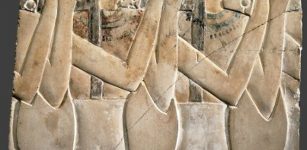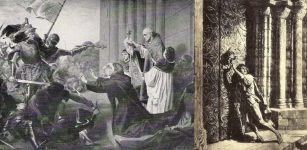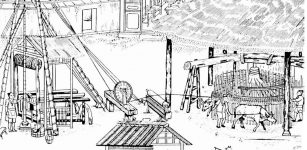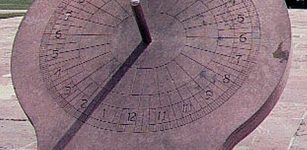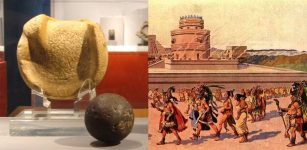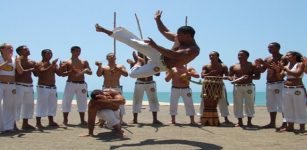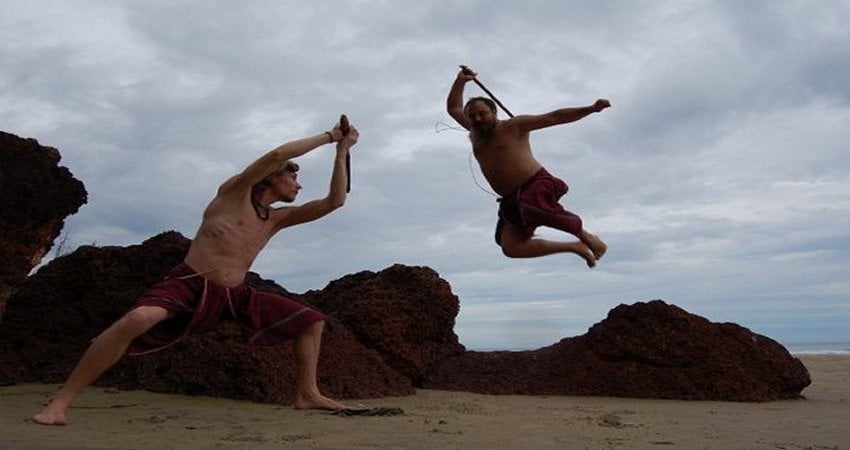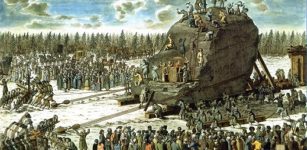Kindred Spirits: Why Did The Irish Build A Monument In Honor Of Native Americans?
MessageToEagle.com – Kindred Spirits is a wonderful monument in Ireland built in honor of Native Americans. The story behin the creation of this structure is based on true generosity from those who had very little and yet gave a lot.
Aligned in a circle, towering twenty feet into the air, the Kindred Spirits Monument of nine eagle feather was raised in acknowledgement the Choctaw Nation and the tribe’s help to the country during the devastating Great Potato Famine that took place in Ireland 1845–49.
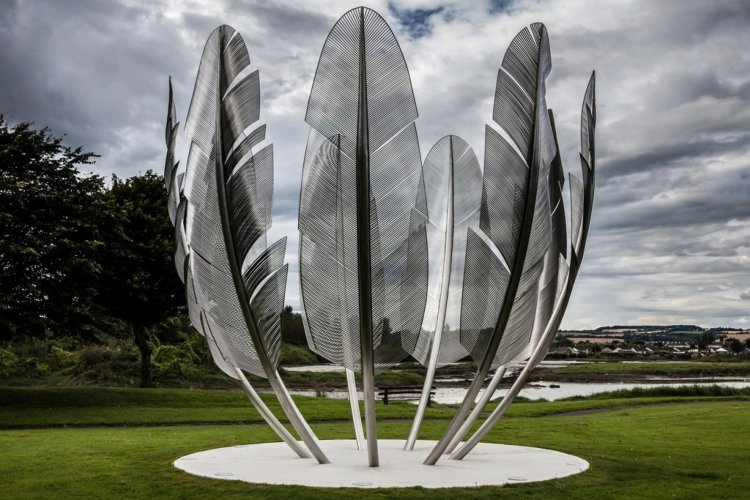
More than a million people perished in Ireland when a blight decimated potato crops that served as the primary food source for almost half the population, but primarily the rural poor.
Hundreds of thousands of Irish peasants emigrated to America.
A local newspaper wrote about how frustration mounted because of a lack of support from the country’s own government.
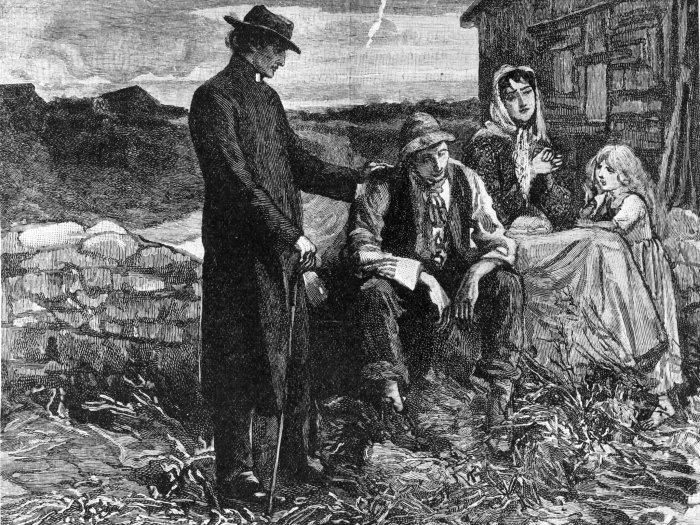
“The people watch food melting in rottenness off the face of the earth, all the while watching “heavy-laden ships, freighted with the yellow corn their own hands have sown and reaped, spreading all sail for England, “Joe McCarthy, who serves as East Cork’s municipal district officer said.
During those years, 1847 was considered the worst and that year, the Choctaw Nation donated $170 to Ireland. The amount might seem like small by modern standards, but back then it was a lot of very much need money and the donation made a big difference. The sum would be close to $5,000 in today’s money.
What was special about the gift is that is the fact that the Choctaw were having major problems of their own at that time still recovering from the horrible Trail of Tears journey.
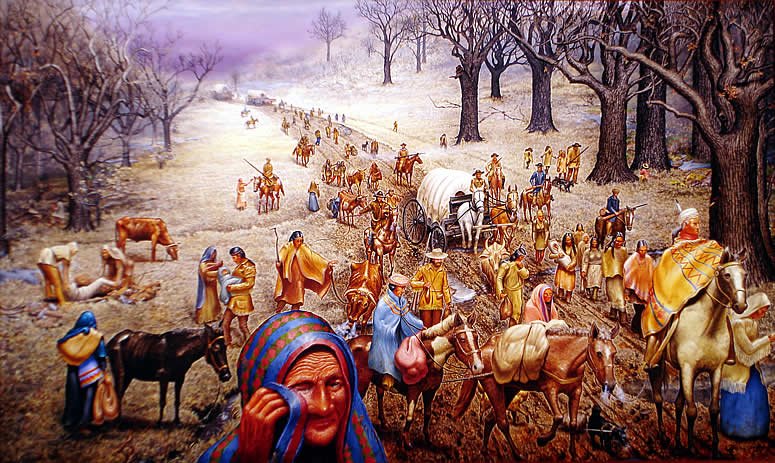
Trail of Tears was a very sad event in American history. In 1830, the United States passed the Indian Removal Act which forced the relocation of Indian nations from the southeastern states. During the relocation more than 4,000 men, women and children died of exposure, disease and starvation before reaching their various destinations.
The Choctaw became the first tribe to be forced to walk the Trail of Tears, a walk that many Choctaw did not survive.
See also:
Mystery Of The Black Irish People: Who Were They?
Norse Kingdom Of Dublin Was Founded By The Vikings In 839 A.D.
Ancient Irish Games Hurling And Curling Were Forbidden In 1366 By The Englishmen
Tailteann Games: Ancient Irish Version Of The Olympic Games
More Fascinating Ancient History Facts
When word reached them about the plight of the Irish, the familiarity of the stories opened wounds that had just started to heal, said Chief Gary Batton, the tribe’s current-day leader. Despite their situation, impoverished and homeless, the Choctaw people pooled their money to send to Ireland.
Batton said it was the tribe’s way of saying, “Your story is our story.”
“We didn’t have any income,” Batton said. “This was money pulled from our pockets. We just went through the biggest tragedy that we could endure, and they saw what was happening in Ireland and just felt compelled to help.”
To honor the Choctaw Nation, the Irish built Kindred Spirits, a large monument that was designed by sculptor Alex Pentek.
“This monument represents this time of great instability. But it also represents this great moment of compassion, strength and unity,” Pentek said.
This is the background story behind the creation of the Kindred Spirits monument in Ireland.
MessageToEagle.com
Expand for references

